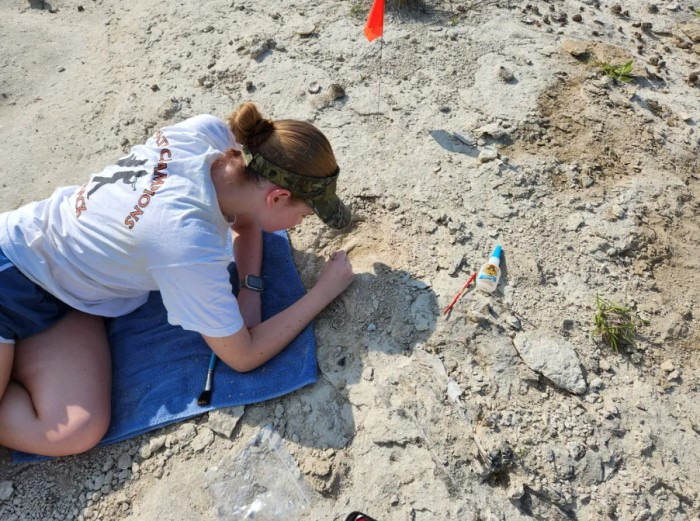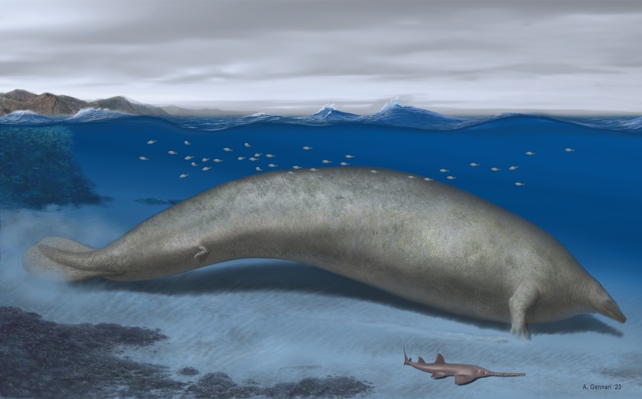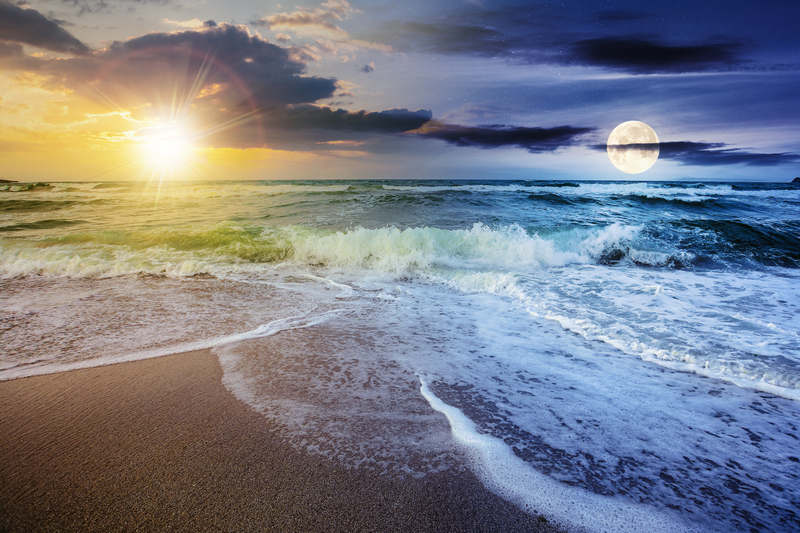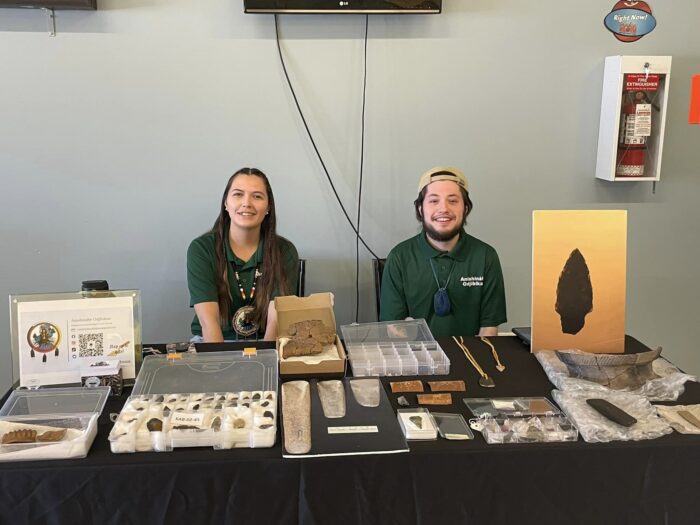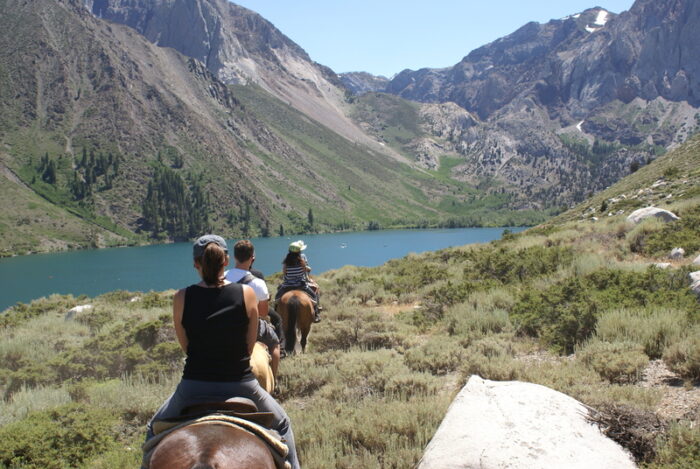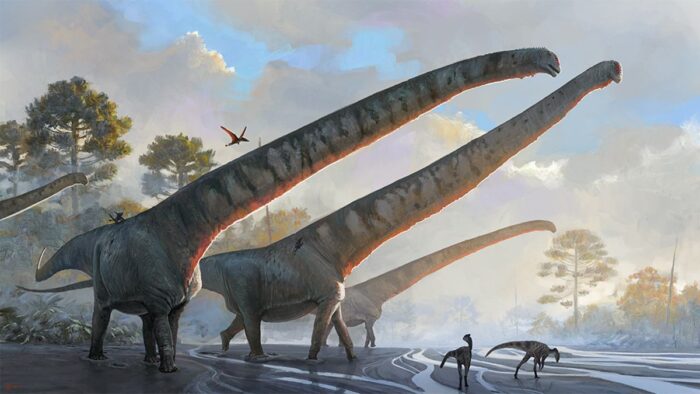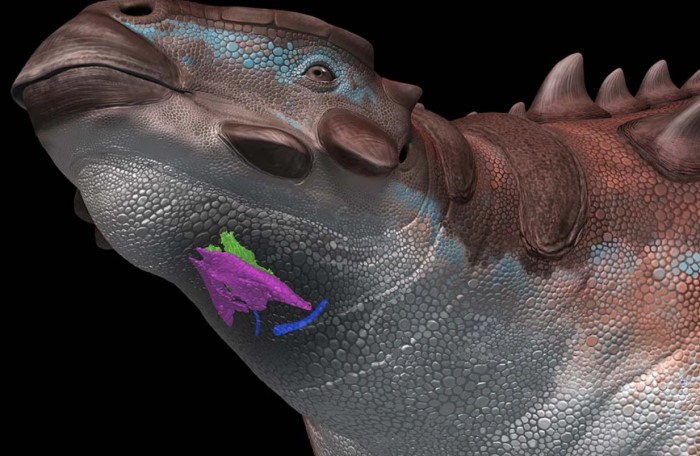June 28, 1969 is one of the most important dates in the history of gay rights in North America. Or in the whole world, really.
It marked the start of the Stonewall Riots in New York City.
The week following this date, several confrontations between LGBTQ people and police occurred in the city. These protests were sometimes violent and featured many arrests. But they also signified to the entire country that the gay and lesbian community wasn't going to tolerate harassment and bullying anymore. They also started a tradition that continues globally to this day: the Pride parade.
No rights, no peace
A plaque honouring the events of June 1969 at the Stonewall Inn. (Getty Embed)
In the 1960s, LGBTQ people in America were highly persecuted. Across many states, gay relationships were illegal, and people could even be imprisoned. The FBI and Post Office were just two government agencies that kept records of people they suspected of being gay. And police were even able to arrest people that didn't wear enough gender-appropriate clothing. On top of all of this, homophobia was very common in society.
Because of this adversity, clubs in major cities across the United States were founded as safe places for LGBTQ people to gather, free of discrimination. In New York City, one of the most well-known meeting places was the Stonewall Inn in a neighbourhood called Greenwich Village.
The final straw
Police left this sign behind after the raid. (Getty Embed)
The Stonewall Inn and many clubs were still subjected to police raids and harassment. The Stone Wall Inn was raided many times between 1966 and 1969. But the raid on June 28, 1969 proved to be the final straw.
At 1:20am, nine members of the NYPD (New York Police Department) entered and began arresting people. But the process took longer than they expected. Instead of leaving the area outside the Stonewall, angry, frustrated crowds now gathered, creating a tense atmosphere. At one point, a woman being arrested shouted to the crowd, "Why don't you guys do something?"
This sparked a riot. It led to more and more demonstrations over the next five days, with thousands of people being involved. The riots caught the attention of the nation, especially in the LGBTQ community who were looking for inspiration and belief in a better future.
Paving the road to Pride
The 20th anniversary Pride parade in New York in 1989. (Getty Embed)
Eventually, tensions calmed in New York. But the momentum the Stonewall Riots created did not die out. New LGBTQ activist groups were started, such as the Gay Liberation Front. These groups began to plan a march to commemorate the one-year anniversary of the event. And not just in New York.
Sure enough, on June 28, 1970, activist groups held marches in NYC, Los Angeles, San Francisco, and Chicago (which was actually a day earlier on June 27). They marched under the slogans of gay liberation and gay freedom. Over time, the march became known as Gay Pride, or just Pride.
Rallying around the world
A recent Pride parade passes by the Stonewall. (Getty Embed)
The idea of a Pride parade began to spread, not only across the United States, but in Canada and around the world. Montreal has held a Pride celebration since 1979, Toronto since 1981. Sao Paulo's Pride is one of the biggest in the world, and today there are several hundred parades around the globe.
And to this day, most of them are held in June to commemorate how the Stonewall Riots helped make it all possible. In 2016, President Barack Obama made the Stonewall Inn and nearby Christopher Park a national monument in honour of the fight for gay and human rights.
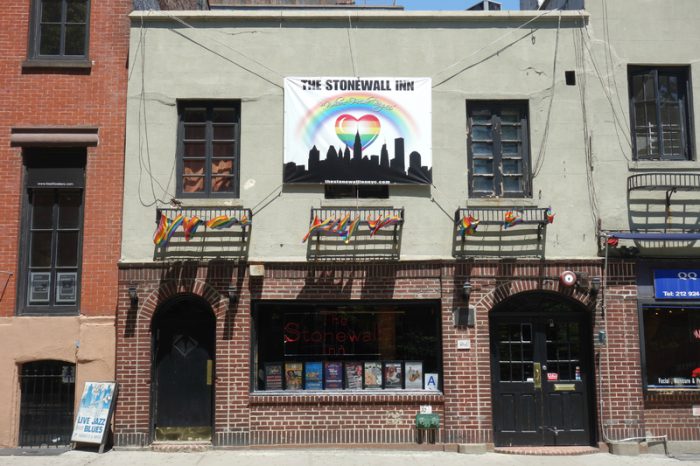 The Stonewall Inn in New York City was the site of events that changed the country. (© Bigapplestock | Dreamstime.com)
The Stonewall Inn in New York City was the site of events that changed the country. (© Bigapplestock | Dreamstime.com)
